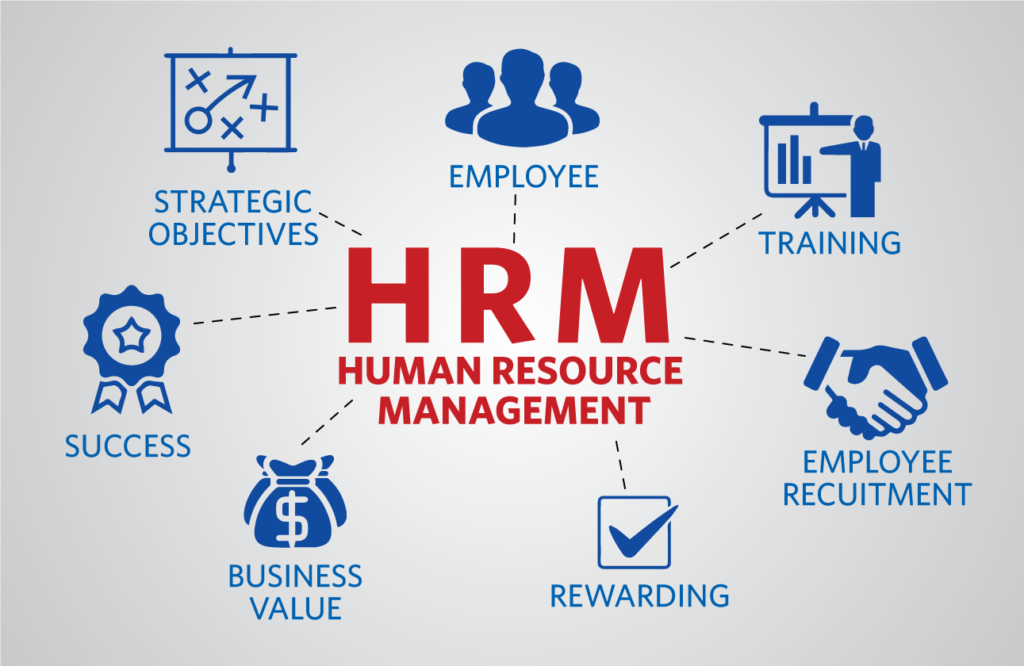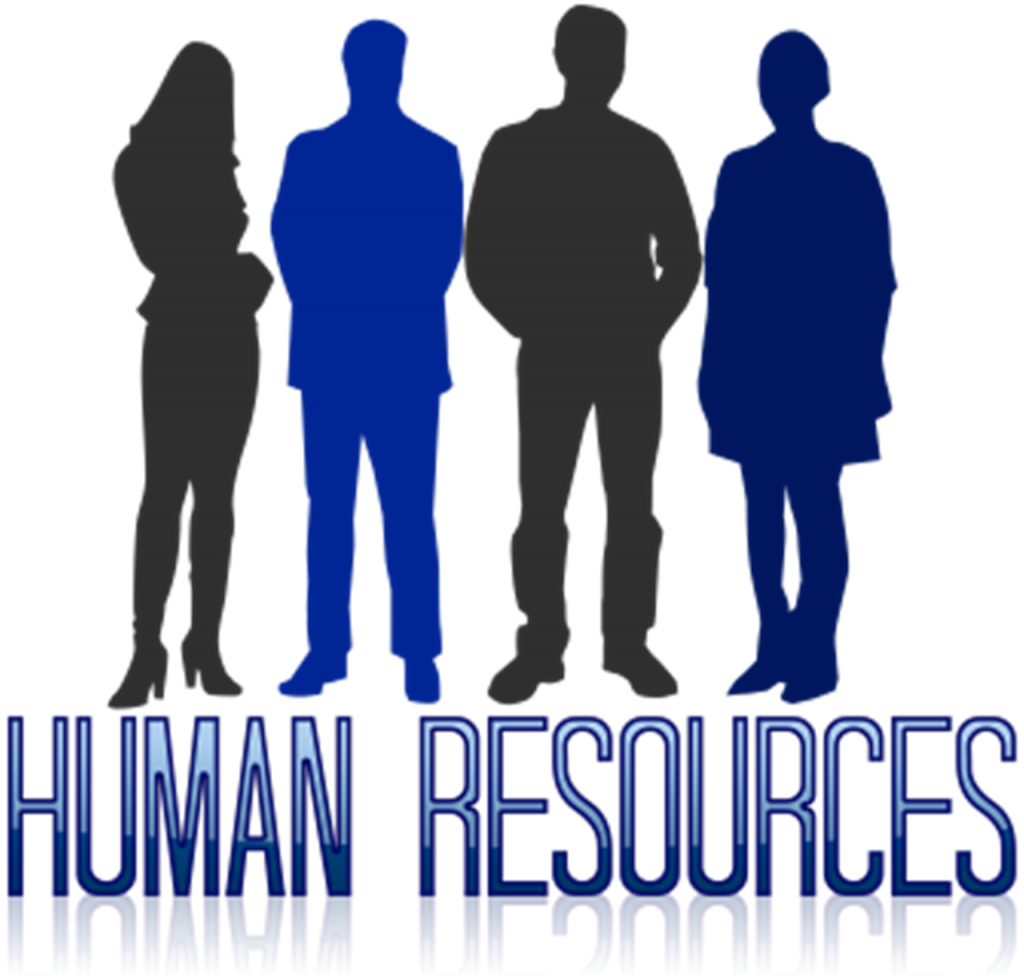
What IS HRM System?
HRMS (human resources management system) is a technology solution that is aimed to support and automate all the processes related to recruiting, hiring, and on-boarding of human capital. There is one more term that is closely related to HRMS and is used as synonymous to it – HCM (human capital management), however, this solution is mostly focused on management.
Choosing a comprehensive HRMS to perform HR-related activities is important for every company that wants to stay competitive in the modern market. Today, with cloud technologies, managers have access to their tasks and data right from their mobile phones.
10 Key Features of HRMS
As part of their daily routine, HR managers have to monitor employee skills, histories, salaries, development opportunities, and accomplishments. Reinventing internal processes and replacing them with a Diceus HRMS can help improve data management within an organization. By implementing such technology solutions, employees will be able to update their personal data themselves. This possibility will facilitate more accurate data generation and processing.
Each module of HRMS plays a meaningful role in streamlining business processes. Let’s find out how these modules can help your company become better.
Feature 1 – Payrolls management
The payroll management module can offer the following capabilities for HR managers and employees: filling out all the necessary forms, choosing a convenient payroll schedule, calculating paychecks, managing taxes, generating reports automatically and sending them to the correct party, etc. Different functionalities can be built exclusively for your company if you order custom HRMS development.

Feature 2 – Recruiting and onboarding
With recruiting and onboarding module in place, recruiters and managers are able to post job offerings, receive applications, sort out applications according to a certain set of parameters, communicate with applicants, automatically forward the applicant’s information to the next person responsible for hiring, easily start onboarding and training phases, etc.
Feature 3 – Attendance records
Attendance records module comes in handy when there is a strong need to track time and attendance to determine the employee payment accurately. This feature helps also in investigating employee productivity and finding the best ways on how to optimize the workflow in order to gain higher efficiency. Such modules can calculate overtime, monitor absence, check the compliance with local and federal regulations, etc. Any functionality can be developed on customer demand if you choose bespoke software.
Feature 4 – Performance evaluation
HRMS platforms help companies increase their productivity by providing the capability to monitor and review employee performance. Performance review tools allow using different types of reviews, evaluating current productivity, consulting key team members, training employees, introducing new review programs for employees, etc. If you want to add more functionality to your HR products, you can get in touch with a custom software development vendor.
Feature 5 – Benefits management
The benefits management module is one of the core components of any HRMS. This module offers electronic benefits enrollment, generating notifications and alerts, guidelines to benefits process. Sometimes, benefits management is incorporated with employee self-service to allow employees to look through the information about their insurance or pension plans, for example. 
Feature 6 – Employee self-service
As we mentioned above ESS is often integrated with benefits management module. Employees can access scheduling right from their homes, enter their personal information by themselves, and manage it if needed. The implementation of this feature helps companies boost productivity as it offers employees more independence in managing their benefits options.
Feature 7 – Employee scheduling
Employee scheduling module can help you mitigate availability conflicts, save labor hours, get staffing information, and even access information remotely. Mobile accessibility has become very important for the majority of businesses as it provides a perfect ability for employees to reach the needed data from anywhere and at any time.
Feature 8 – Analytics
It is perfect when your HRMS offers analytics modules. Analytics tools help HR managers and business owners make data-driven decisions. These tools include dashboards and reporting solutions. They are able to process and analyze big data and present the results in the most convenient and readable view.
Feature 9 – Information management
HRMS platforms provide capabilities to generate, store, process, share and manage different types of information in one place. Your HR specialists will be able to gather, store and access employee information when needed.

Feature 10 – Learning management
Learning management systems present and systemize learning content, create assignments and control learning progress. Employees are able to access their training content at any time that is convenient for them.
Key Benefits: Why Your Business Might Need HRMS?
Benefit 1 – Talents Attraction and Retention
Improve the speed and quality of recruitment by quickly finding and hiring candidates. Increase engagement with life-balance balance solutions that help motivate employees and provide a comfortable environment for them. Retain talents by providing opportunities for professional learning and growth.
Benefit 2 – HR Management Optimization
Differentiate compensation by properly combining monetary and non-monetary rewards. Manage time, planning, and cost. Record expenses for specific projects and control other costs.
Benefit 3 – Respond Quickly to Changes
Align staffing strategy with business strategy. Prevent staff turnover with high-performance analytics. Help staff quickly adapt to organizational change. Adapt staffing processes to meet unique needs.
Benefit 4 – Optimize Staff Management
Use analytics to make better HR decisions. Automate manual processes globally and locally.
Accelerate staffing processes through self-service.

Final Words
The benefits of HRMS are numerous. Managing your human capital and payroll accurately and quickly starts with reliable data. HR tech solutions will come in handy if you want to cut costs for overtime and payroll costs. Time and attendance systems can ensure compliance with labor regulations regarding proof of attendance. These systems can lead to a strong return on employee investment and a positive effect on overall business results.














